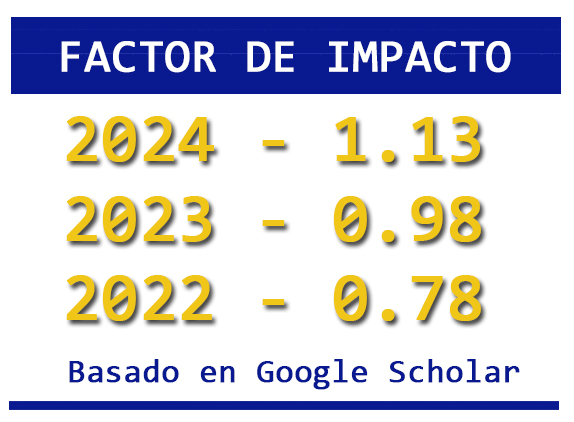AUTOMATIZACIÓN DEL PROCESO DE MACERADO DE LA MALTA PARA LA PRODUCCIÓN DE CERVEZA ARTESANAL
DOI:
https://doi.org/10.36790/epistemus.v12i24.68Keywords:
Monitoreo, Cerveza artesanal, AutomatizaciónAbstract
En este trabajo se presenta el diseño de un prototipo funcional que realizará la maceración de la malta de forma automatizada, el cual es un proceso muy importante en la producción de cerveza artesanal, dicho proyecto incluye el desarrollo de los códigos de programación de cada uno de los microcontroladores utilizados, la elaboración física del sistema, así como la comunicación y monitoreo a través del computador.
Downloads
References
Juan José García Ornelas, ́ ́Las Temperaturas de Maceración, Ciencia y Arte ́ ́. En línea, publicado el 2 de julio de 2013 en: http://brewmasters.com.mx/las-temperaturas-de-maceracion-ciencia-y-arte/
Kevin Soria, ́ ́HC-SR04 Sensor Ultrasónico ́ ́. En línea, publicado el 17 de septiembre del 2013 en: http://bkargado.blogspot.mx/2013/09/todosobrehc-sr04.html
Raúl González, ́ ́El Sensor de Temperatura LM35 ́ ́.En línea, Publicado el 26 de octubre del 2009 en: http://pcexpertos.com/2009/10/el-sensor-de-temperatura-lm35.html
Sergio Castaño, ́ ́17. Control PID con micro controlador PIC ́ ́. En línea, publicado el 15 de febrero del 2016 en: http://controlautomaticoeducacion.com/17-control-pid-con-microcontrolador-pic/
Jonny Cristhian Otero Baca, ́ ́Control de Potencia en AC con triac y micro controlador PIC 16F628A ́ ́.En línea, publicado el 3 de febrero del 2014 en: http://voltiosybytes.blogspot.mx/2014/02/control-de-potencia-en-ac-con-triac-y.html
https://www.atlas-scientific.com/product_pages/probes/ph_probe.html, publicado el 20/07/2017
Downloads
Published
How to Cite
Issue
Section
License

This work is licensed under a Creative Commons Attribution-NonCommercial-NoDerivatives 4.0 International License.
The magazine acquires the patrimonial rights of the articles only for diffusion without any purpose of profit, without diminishing the own rights of authorship.
The authors are the legitimate owners of the intellectual property rights of their respective articles, and in such quality, by sending their texts they express their desire to collaborate with the Epistemus Magazine, published biannually by the University of Sonora.
Therefore, freely, voluntarily and free of charge, once accepted the article for publication, they give their rights to the University of Sonora for the University of Sonora to edit, publish, distribute and make available through intranets, Internet or CD said work, without any limitation of form or time, as long as it is non-profit and with the express obligation to respect and mention the credit that corresponds to the authors in any use that is made of it.
It is understood that this authorization is not an assignment or transmission of any of your economic rights in favor of the said institution. The University of Sonora guarantees the right to reproduce the contribution by any means in which you are the author, subject to the credit being granted corresponding to the original publication of the contribution in Epistemus.
Unless otherwise indicated, all the contents of the electronic edition are distributed under a license for use and Creative Commons — Attribution-NonCommercial-ShareAlike 4.0 International — (CC BY-NC-SA 4.0) You can consult here the informative version and the legal text of the license. This circumstance must be expressly stated in this way when necessary.
The names and email addresses entered in this journal will be used exclusively for the purposes established in it and will not be provided to third parties or for their use for other purposes.
























